
Valeria Jaramillo, PhD Candidate
2024 Seed Grant Awardee
Project Description
Exploring our Universe
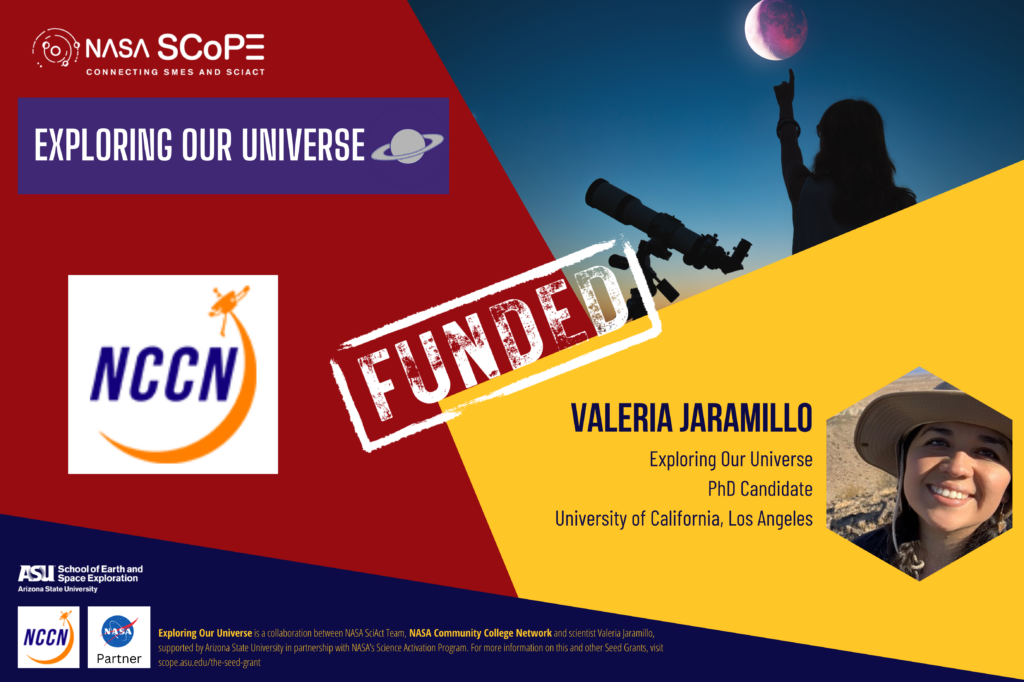
Exploring our Universe aims to bridge the gap between the underrepresented communities and the Subject Matter Experts (SMEs) by providing a series of STEM talks at various campuses that will
1. Connect the community with experts that share similar backgrounds,
2. Explain difficult subjects and career options in a manageable way, and
3. Provide accessible and fun science activities for people of all ages.
These talks will mirror the organizers’ paths which started at a community college and will culminate at University of California, Los Angeles' largest volunteer-led science fair: Exploring Your Universe. Ultimately, we would like to share our experiences and show our communities that pursuing a career in STEM can be both attainable, rewarding, and that talking to experts does not have to be intimidating or scary. Most importantly, we aim to provide insights and knowledge to students and families that may otherwise not have the access to such experiences.
Target Audience Age
| 0-4 | 5-10 | 11-14 | 14-18 | 19-22 | 23-26 | 27-99 |
NASA Division
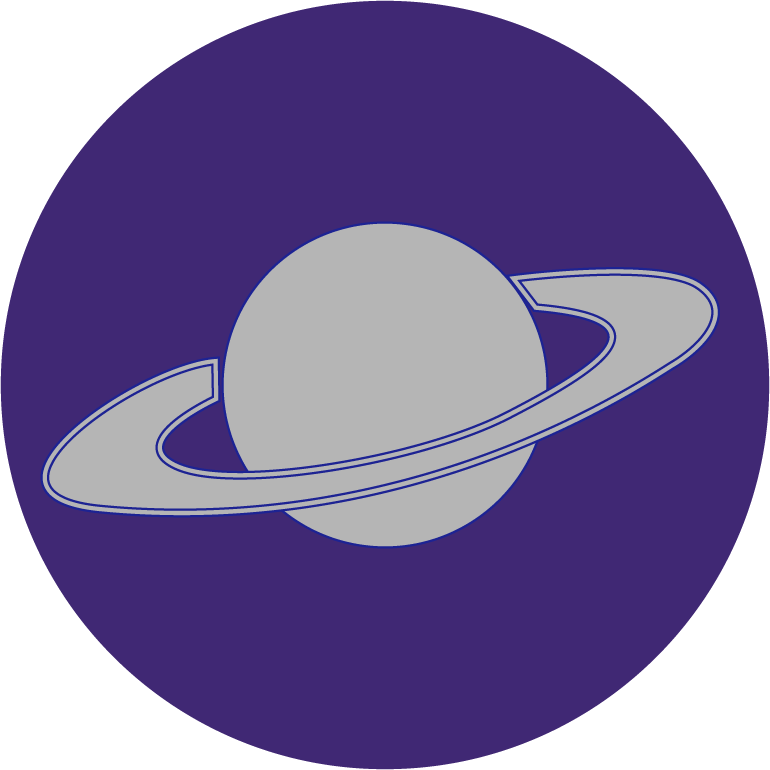
Planetary
Grant Status

Learning Context
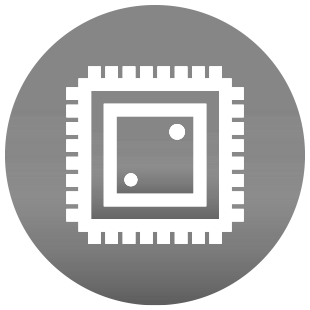
Digital Learning

Neighborhood /
Community

Informal /
Out of School

Home / Family

Citizen Science

Formal Education
SME Bio

I am extremely passionate about outreach and mentoring… the opportunity to share the knowledge that I have gained as a first-generation, community college student that has been through the process of transferring to a 4-year university and is currently finishing up her doctorate degree in STEM.
Valeria Jaramillo
Exploring our Universe Co-PI
PhD Candidate
Geology
University of California, LA
Valeria Jaramillo is a geology PhD candidate in the Earth, Planetary, and Space Sciences (EPSS) department at UCLA where she co-founded the EPSS Family Mentorship Program (EFMP) and is the DEI student representative. Valeria’s passion for teaching and mentoring goes beyond EPSS; other leadership events include being a booth leader at UCLA’s largest, yearly STEM fair, Exploring Your Universe, organizing graduate student panels and science talks virtually for community college students. This project provides another opportunity to share her experiences with the community that may not have access to these types of interactive and inclusive events.
SciAct Team
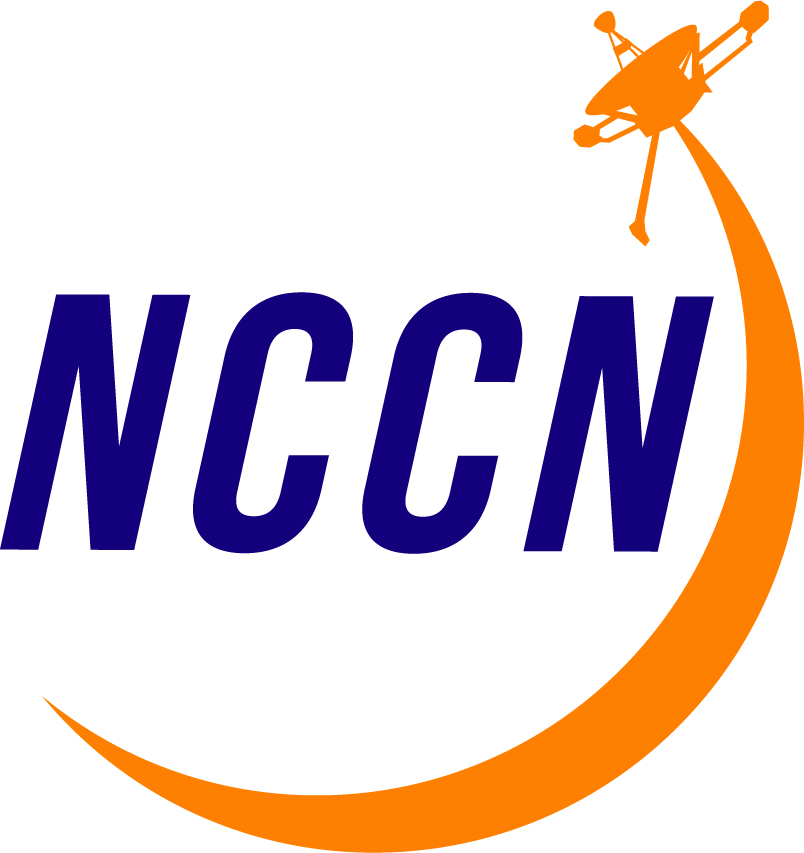
NCCN Description
The NASA Community College Network (NCCN) at the SETI Institute proposes an initiative to bring NASA science subject matter experts (SMEs) and NASA science resources into the classrooms of the nation’s community college system. There are over 1000 U.S. public, accredited, degree-granting two-year institutions in the U.S. and of these, over 700 offer courses in astronomy, often to students from under-served populations, many of them the first in their families to go to college at all.
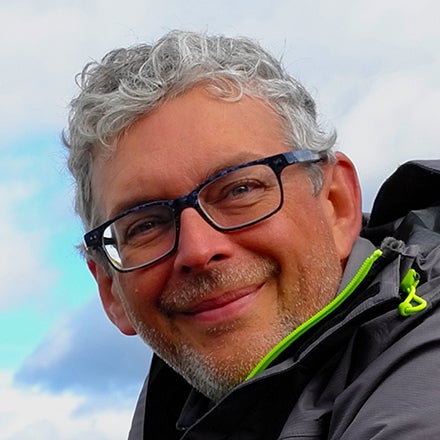
This project is exciting in that there is a direct local and in-person connection between subject matter experts and community colleges, and as such makes the science, and scientists, real, accessible and powerful in developing a STEM identity.